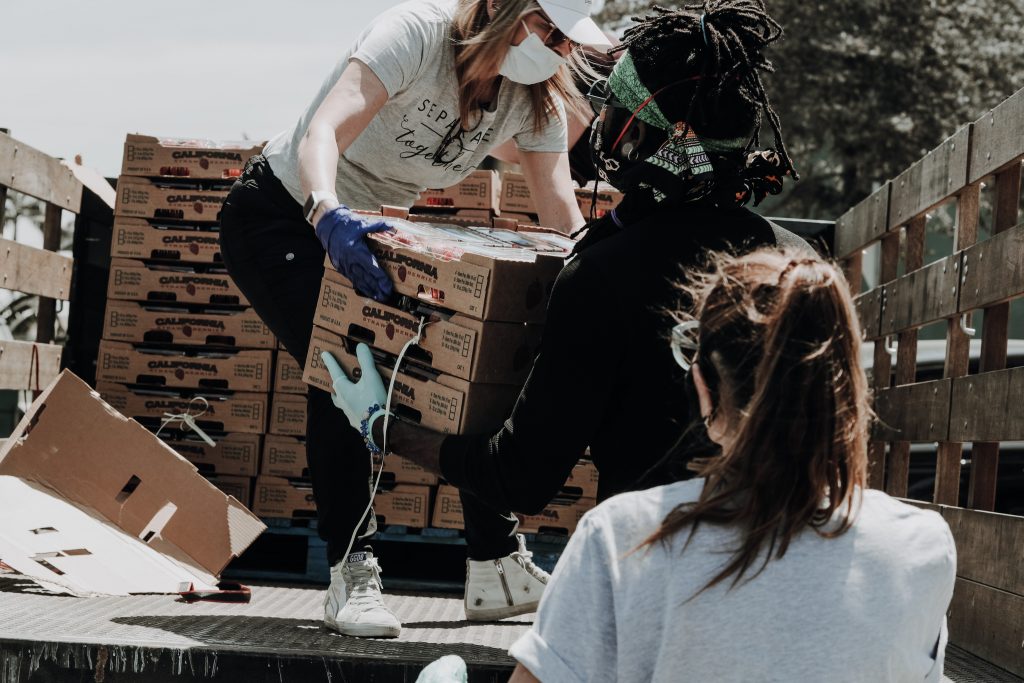
With Russia’s invasion of Ukraine, charitable organizations are mobilizing for Ukraine and its citizens. But fake charity scams are exploiting our sympathy for Ukraine’s situation.
According to the Wisconsin Department of Financial Intuitions (DFI), the scams are increasing. The department suggests consumers to some research before donating money to any charity.
“Scammers see tragedies as a way to line their pockets at the expense of well-meaning citizens,” according to Lara Sutherlin, administrator for the Division of Trade and Consumer Protection. “Give generously, but always research an organization before sending money.”
Fake charity scams impersonate the names of established charities. Consumers are encouraged to pay attention to web addresses that end in .org or .com. The .com indicates that the organization is not a nonprofit charitable group.
Can the charity reach the impacted area?
Should you send clothing and food? Local drives to collect clothing and food to send overseas may not be practical since the logistics of delivering and dispersing the goods will be challenging.
Is the charity experienced in emergency relief? well-known disaster-relief charities are the best bet to help deliver aid. For example, the Ukraine Red Cross Society through Canada Red Cross is well established.
Consider a crowdfunding appeal? Keep in mind that some crowdfunding sites do the minimal vetting. Also, review the platform’s policies on fees and the distribution of donations.
Finally, does a charity make exaggerated claims, such as “100 percent will be spent on relief?” Since all charities have fundraising and administrative expenses, any organization claiming otherwise potentially misleads people.